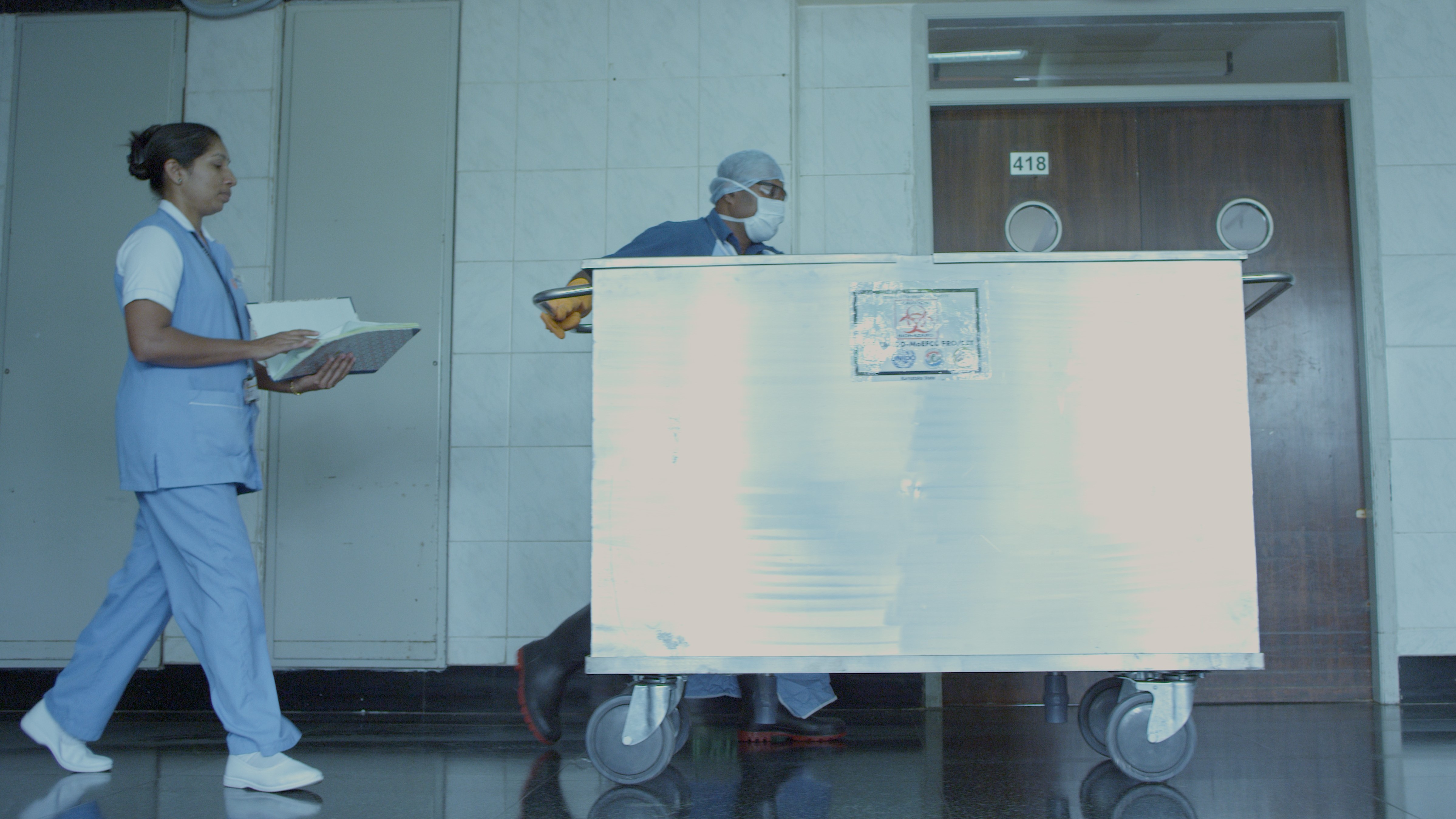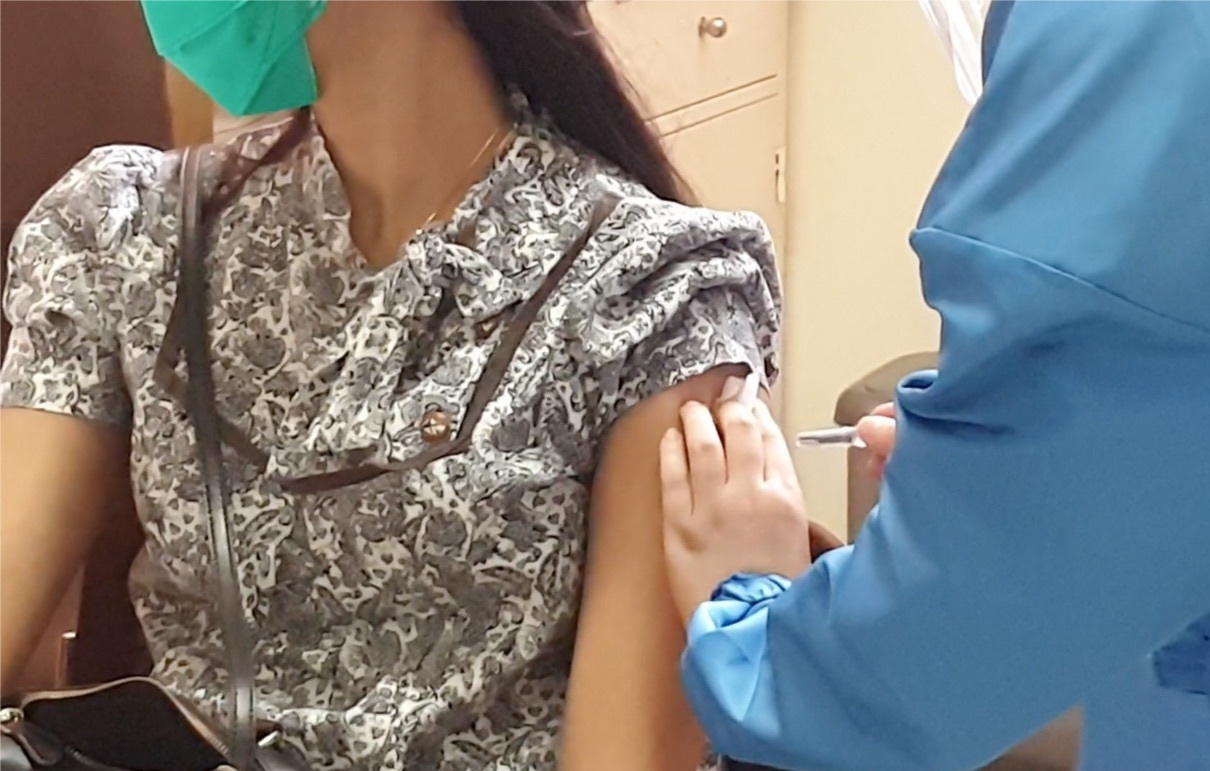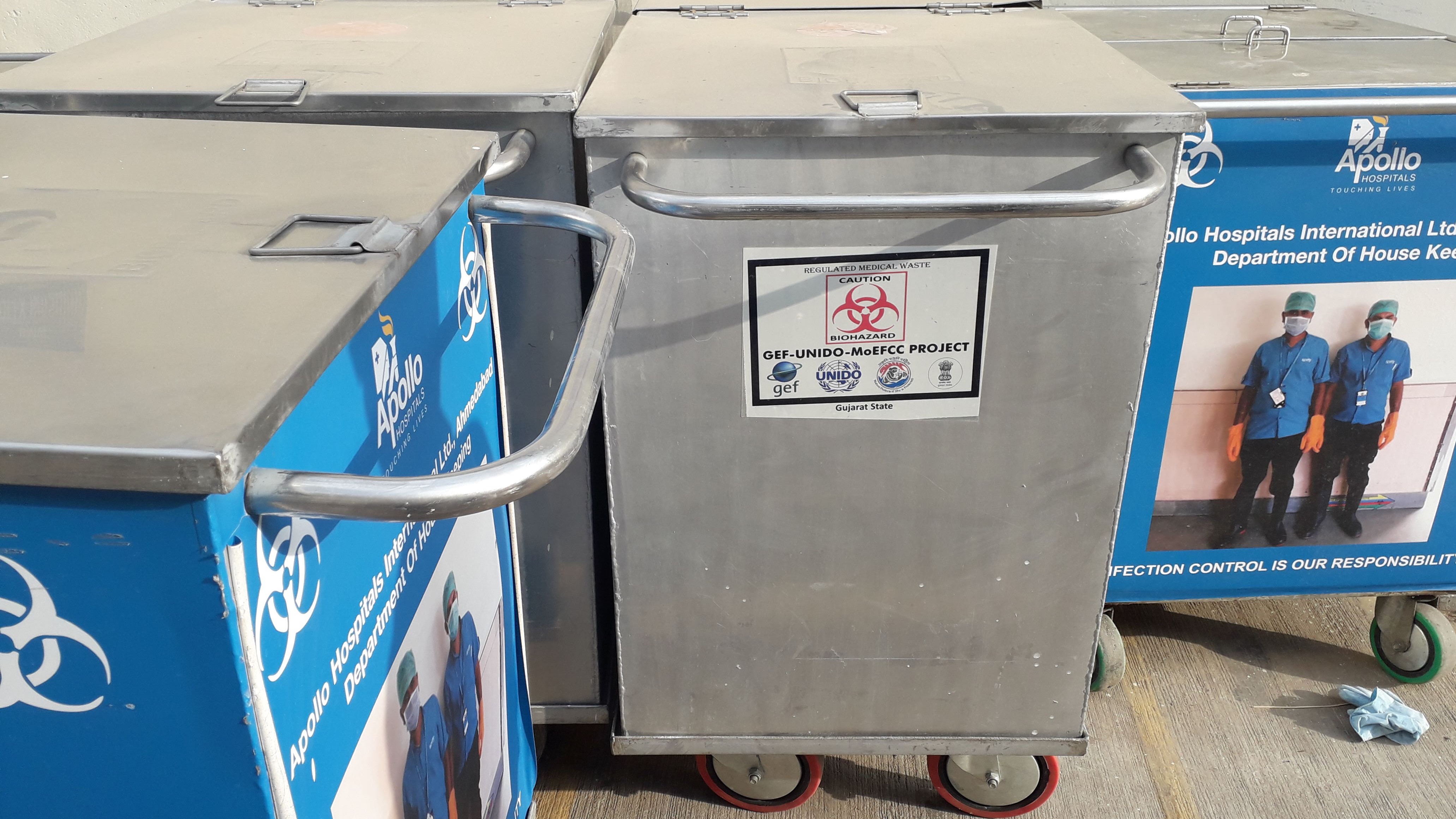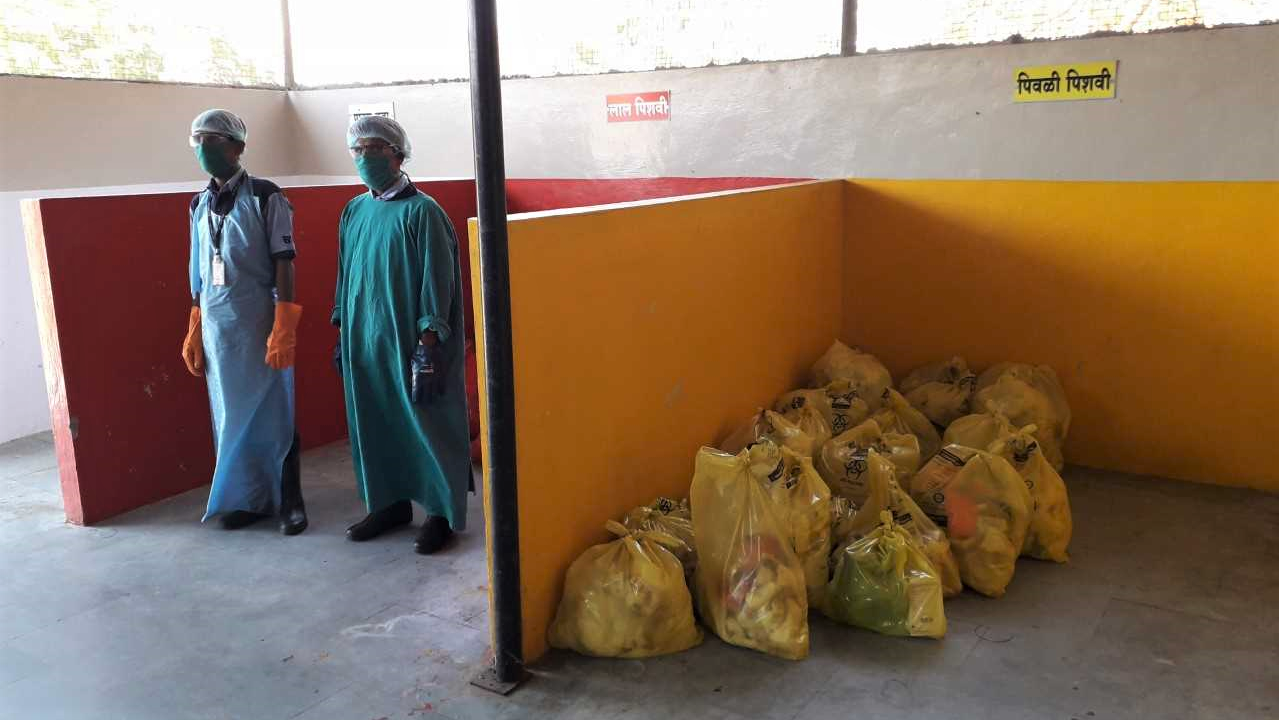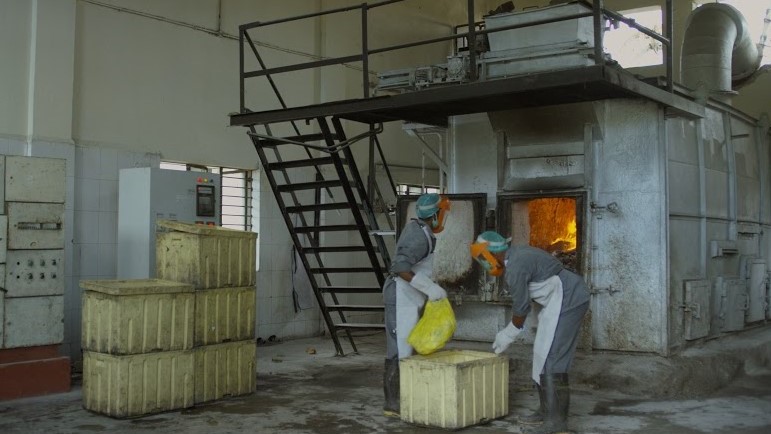En español
中文版
Русская версия
النسخة العربية
Main picture by Rio Tuasikal, licensed under CC BY 2.0
The Cuban government recently announced that its Soberana II vaccine against COVID-19 will soon enter Phase III trials, bringing the country one important step closer to producing Latin America’s first vaccine against the virus. Far from being an overnight success, Cuba’s ability to develop a vaccine is the result of decades-long investment in its biopharmaceutical industry, which in its early stages of development was supported by the United Nations Industrial Development Organization (UNIDO).
Cuba hopes to inoculate its entire population against COVID-19 with a home-grown vaccine this year. The country has four potential vaccines in development, the most advanced of which – Soberana II – is due to start Phase III trials in March with 150,000 volunteers. If it clears this final clinical hurdle, the Cuban vaccine will be the first to be developed in Latin America.
According to the Havana-based Finlay Vaccine Institute (IFV), 100 million doses could be supplied in 2021 for both domestic use and export. Cuba has signed a deal to carry out clinical trials in Iran in collaboration with the country’s Pasteur Institute, while Jamaica, Viet Nam and Venezuela, among others, have expressed interest in obtaining the vaccine once it passes the necessary safety and efficacy tests.
As international squabbles over fair distribution grow, amid charges that rich countries are hoarding supplies, a successful roll-out of Soberana II could provide a potential lifeline to developing countries seeking to immunize their populations against COVID-19.
That the small Caribbean island is ahead of many more developed countries in the race to find an effective vaccine may seem surprising. Yet decades of experience and investment in Cuba’s biotechnology and pharmaceutical sectors, which in its early stages was supported by UNIDO and other international organizations, have enabled the industry to direct resources quickly and efficiently towards emergency vaccine development.
In the years following the 1959 Revolution, Cuba made the establishment of a high-level, prevention-focused health care system a priority. The country’s approach to health was both a matter of socialist principles and a response to a US trade embargo, which from 1962 onwards blocked almost all imports from the US, including medicines and other essentials.
Cuba therefore set about investing in training more doctors and created scientific research institutes to support the development of a home-grown pharmaceutical industry that would meet the needs of its health care system. For example, from the mid-1960s the government invested increasingly in science infrastructure, including the establishment in 1965 of the National Centre for Scientific Research (CNIC), which helped to train many scientists and engineers throughout the 1960s and 1970s.
As part of a drive to produce its own medicines, in the late 1970s the Cuban government sought help from UNIDO to build a plant to ramp up the production of pharmaceutical products. The UNIDO project enlisted the expertise of an Indian company, Sarabhai Chemicals, to establish Cuba’s first chemical synthesis plant for the production of generic pharmaceutical products.
The plant, the Empresa Farmacéutica 8 de Marzo, was designed by UNIDO experts, equipped with Indian technology, and financed by contributions from India and the United Nations Development Programme, making it an early example of South-South and triangular industrial cooperation.
The introduction of advanced pilot technology for the production of pharmaceutical compounds and the training provided for numerous Cuban experts built the conditions for the scaling up of generic medicine production in the following years, helping to create new jobs that were carried out by increasingly skilled Cuban chemists and engineers, many of them women.
Today, the Empresa Farmacéutica 8 de Marzo is affiliated with the state-owned Biotechnological and Pharmaceutical Industries Business Group, known as BioCubaFarma. The Group is home to over 30 manufacturing companies and institutes which together produce more than half of the country’s essential medicines, as well as exporting medicines to more than 50 countries.
Cuba’s early focus on health, medical research and science also put it in a good position to take advantage of the advances in genetic engineering that led to the rapid growth in biotechnology in the 1980s. The government threw its full weight behind the sector, spurred on by the need to deal with recurrent disease outbreaks, including the widespread presence of meningitis B. In 1986 it opened the Centre for Genetic Engineering and Biotechnology (CIGB) which over the past few decades has been responsible for developing a range of drugs and vaccines, most notably in the treatment of cancers, cardiovascular disease, meningitis and hepatitis.
UNIDO became involved again in the mid-1980s at the request of the Cuban government to help bring the country’s own version of a generic hepatitis B vaccine to fruition. Cuba employed highly trained nationals to carry out this technically challenging project, assisted by specialists from UNIDO who helped to train staff in how to take the vaccine from the laboratory stage to production on an industrial scale, as well as providing advice on aspects of quality control and international standards. After considerable investment from the Cuban government, production got under way and the vaccine came into use in the early 1990s. It was later put on the World Health Organization’s register of approved vaccines.
Following the success of this project, Cuba called on UNIDO in the mid-1990s to help scale up the production of anti-cancer drug, CIMAher (nimotuzumab), a humanized ‘monoclonal antibody’ designed at the Centre of Molecular Immunology (CIM) to treat tumours of the head and neck, as well as other advanced cancers. This project was technically more complex in terms of production than the previous one but was able to deploy staff who had already received training on production methods during the hepatitis B vaccine project. The new cancer treatment proved successful and has been produced on an industrial scale at CIM, something that was possible because of strong investment in the biotechnology sector in the 1990s despite severe cutbacks in other areas of Cuba’s struggling economy. It remains one of a number of domestically produced cancer treatments still in use today.
The sector’s high level of integration and prior track record on vaccine development meant the technical capacity was there to allow Cuba to move quickly on a solution to COVID-19. For example, the decision to pursue a protein-subunit type of vaccine - which creates a biosynthetic protein to trigger an immune response – was made easier because of knowledge gained using the same kind of technology platform to develop the Cuban meningitis B vaccine and a recombinant hepatitis B vaccine.
Now, over 40 years after its first project in Cuban pharmaceuticals was launched, UNIDO continues to offer support to the sector. In 2020, the organization teamed up with the Slovenian government on a Slovenian-Cuban venture to develop a business model that ties together innovation in the biopharma, medical and nanotechnologies sectors in an effort to advance the technologies of the Fourth Industrial Revolution.
The project, which is being implemented in cooperation with the Slovene Enterprise Fund and aims to serve as a model for further inter-regional cooperation, uses knowledge-sharing and the transfer of technical skills to support innovation and improve the regulatory framework for biopharma to drive competitiveness.
Cuba’s success in creating a viable, domestic pharmaceutical manufacturing industry shows what can be achieved with targeted investment and political will. And, while organizations such as UNIDO have long argued for greater development of domestic industry in developing countries, the current crisis has shown more clearly than ever why local research and development and production capacities are vital.
When poorer countries are unable to develop and manufacture vaccines and other medical treatments, they risk being left at the back of the queue as rich countries vie with each other for the lion’s share. According to a recent report by the Economist Intelligence Unit, middle-income countries won’t be able to vaccinate the bulk of their populations until late 2022 or early 2023, while in the poorest countries mass immunization could take until 2024, if indeed it happens at all.
Cuba’s drive to build a state-backed, integrated biopharma industry grew in part out of past emergencies. Could it be that there are some valuable lessons to be learned from the country’s experience for many developing nations scrambling to gain access to vaccines during the ongoing COVID-19 crisis?
Further reading:
Cuba – Battling cancer with biotechnology – WHO, 2013
Cuban experience with local production of medicines, technology transfer and improving access to health – WHO, 2015
How Cuba became a biopharma juggernaut - Institute for New Economic Thinking, 2018
The economic case for global vaccinations – National Bureau of Economic Research, 2021
The risks and challenges of the global COVID-19-vaccine rollout – McKinsey, 2021
South-South and Triangular Industrial Cooperation – UNIDO, 2021
